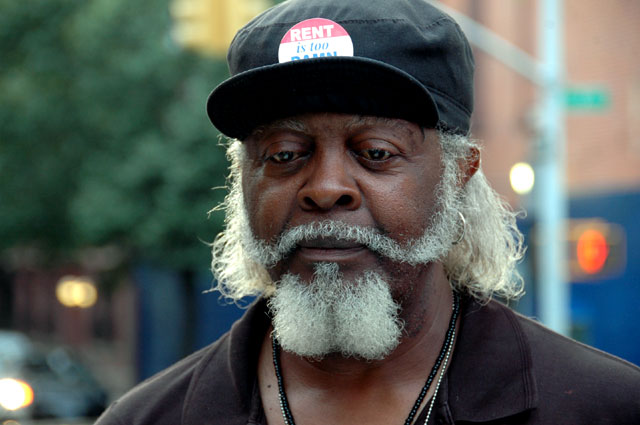
I was driving back to New York a few weeks ago. It was one of those days where a 90-minute drive was somehow taking close to three hours. And on the way out of town at the start of the trip, I’d gotten stuck in traffic getting through the tunnel — the same 90-minute drive took nearly four hours.
I was a little sour on New York at that moment. The city can be such a wonderful place to live, but there are parts of it — the traffic is certainly one — that can be so frustrating. Wasting a weekend in traffic made me wonder why I was living here.
I was on a stretch of highway leading through Jersey City and towards the Holland Tunnel. It’s an interesting part of the road — you’re driving among tall buildings, with even taller buildings in downtown New York looming behind.
And then there’s one little window between the buildings where suddenly, you can see the Statue of Liberty emerge. You can’t see the river — just the statue, poking up like a part of the skyline.
It reminded me: Sometimes, you have to go through a lot of everything — work and struggle and crap and things you really don’t want to do — in order to find the stuff that makes it all worthwhile.
The special stuff is out there. You just have to make sure you’re looking for it.
———
That photo of the Statue of Liberty, with the port in Jersey behind it, is by Oliver Plattner for Unsplash.








